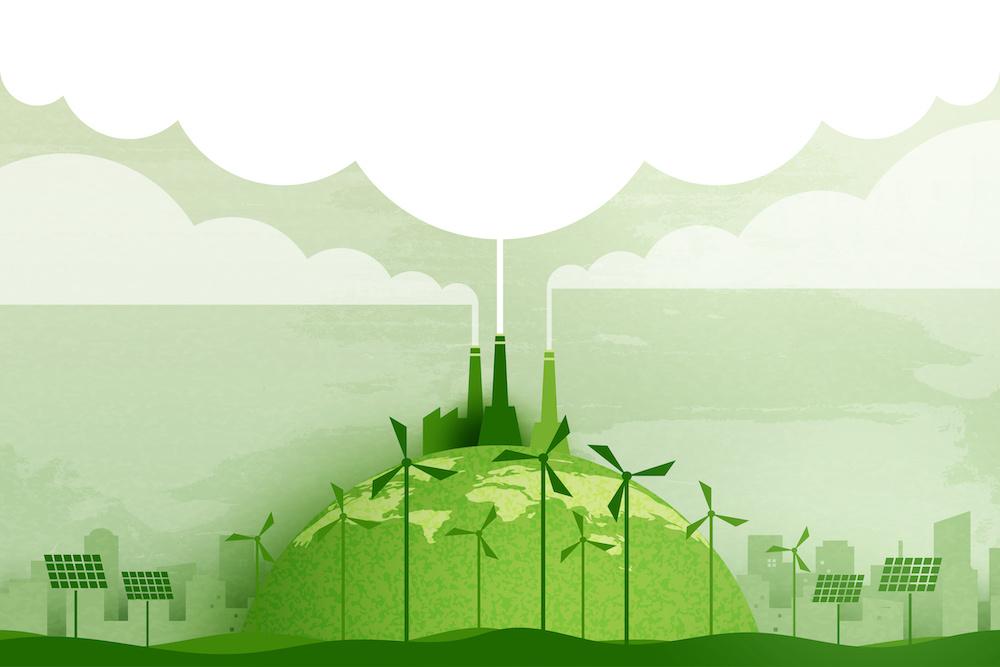
Africa could lose up to $50 billion by 2040 due to the effects of climate change, even though it emits only 4% of greenhouse gases. Africa is, therefore, the continent most exposed to climate change, but also the most fragile.
With repeated episodes of flooding and high temperatures driving millions of people from their homes each year, economists are advocating green finance. However, the continent faces a huge challenge: the difficulty of raising green funds even though the mechanisms exist. For example, in the carbon credit market, the continent has only raised 2% of its potential and 1% of green bonds according to the Economic Commission for Africa.
So what role can banks play in mobilising these green funds? Economist Georges Vivien Hougbonon believes that “as Africa industrialises, it can embark on renewable energy in its industrialisation process. The instruments exist, whether at the level of banks or investment funds, which are increasingly oriented towards green
Morocco: The Agriculture Show returns after a three-year absence
Morocco will record a rebound in growth of 3.3% in 2023, more timid than expected and provided that the agricultural campaign is spared the historic drought of recent years, according to projections by the High Commission for Planning. This situation has had a strong impact on the agricultural show which marked its fifteenth anniversary in Meknes, in the north of the country.
Zimbabwe: a crypto-currency at what price?
The Reserve Bank of Zimbabwe is coming up with a number of solutions to control inflation and deal with liquidity problems. After selling gold to the public, coins that could be used as collateral for loans and credit facilities, it introduced a gold-backed crypto-currency this month despite the reluctance of the International Monetary Fund.










